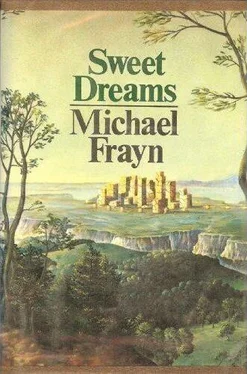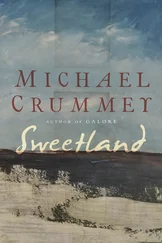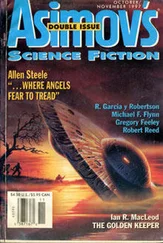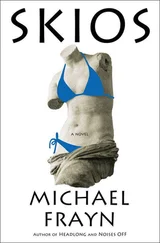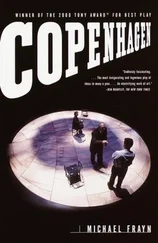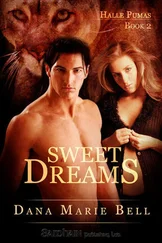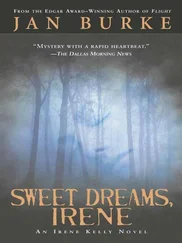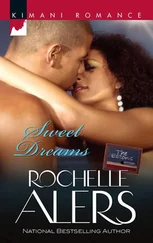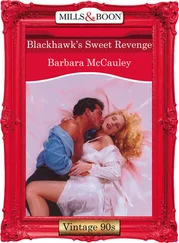“My name’s Bill,” he said. “I’m the chap you come and see if you get pregnant, or whatever. Now, to more serious business.”
And with that he turned towards the window and sank to his knees.
Now, this was Howard’s first day in the place (he reminded the Chases and their guests, preparing them dramatically for what was to come), and he had some vague impression at the back of his mind, left over perhaps from books he had read and films he had seen, that it was at bottom some kind of ecclesiastical institution. So as soon as he saw Bill Brice sink chubbily to his knees, he jumped to the conclusion that some brief word of informal prayer was going to be said.
Had this been any other occasion, he would have lowered his head respectfully and more or less closed his eyes, watching Bill Brice out of the corner of them so as to know when to open them again, and murmuring amen where appropriate. He had a genuine respect for religious feeling. He had even experienced it himself once or twice, particularly while doing the outline plans for a church he had designed as part of a new mixed-density, mixed-income neighbourhood scheme, which had been well reviewed in the journals.
But since it was his first day in the place, he was particularly anxious to make a good impression, and to demonstrate his eagerness to accept the spirit of the institution. Also there was something decidedly impressive about the sight of Bill Brice kneeling there — so young, so overweight, so ambitious, on such premature bad terms with his wife, and yet so humble and submissive, with the toecaps of his suede desert boots turned over, and a drawing-pin sticking disarmingly in the heel of one of them.
So he got down on his knees, too, and rested his elbows on Bill Brice’s coffee-table, and closed his eyes completely.
This was the sight that Bill Brice saw when he smilingly turned round, holding the fresh bottle of sherry which he had been kneeling to get out from under the window-seat.
Oh God, thought Bill Brice (said Howard), a religious nut! And smilingly he remained kneeling, as a mark of genuine respect for Howard’s beliefs. Genuine respect, in his experience, was the only way of dealing with one’s students’ more repellent religious and political enthusiasms.
His intention was to remain on his knees for about ten or fifteen seconds, and then to rise, saying smilingly, “Well, then …” or words to that effect. But the appearance of Howard when he came into the room must have impressed him in spite of himself — the bulging clear blue eyes, the eager lean of the body forward, the anxiety on the face to understand the world around him. Because when, after seven or eight long seconds of genuine respect, he saw Howard looking at him out of the corner of his eye, he hastily hid the bottle of sherry behind his back and bowed his head.
They remained like this for a long time.
They were still like it when Sid Cornish, the Professor of Artificial Intelligence, put his head round the door to ask Bill Brice whom he should see about getting on television.
“I do beg your pardon,” he said, and withdrew.
The interruption gave the two kneeling men a chance to look up, and to see each other looking up. They got to their feet, drank their sherry, smiling a lot, and never went near each other again.
But Sid Cornish, who was a serious atheist, could not get the sight of the two kneeling men out of his mind. What? Bill Brice? The television iconoclast? The smiler with the sherry bottle? Now glimpsed at prayer with a pupil? He told everyone he met, pulling a maliciously funny face to represent Bill Brice’s holy expression. A week later he was in the chair at a meeting of the Humanist Society when he suddenly had a vision of Bill Brice looking down at him from the moulding in the corner of the ceiling with a crown of thorns on his head, and a look of sweet forgivingness on his face; whereupon he stood up and made a long, confused speech about the hunger for God that gnawed inside each of us, however stiff-necked and jeering we might be; which caused great embarrassment to all those present, and even greater embarrassment later to progressive theologians on the staff, who felt that such old-fashioned emotive conversions could only undo all their good work.
But eventually it led to several notable improvements in the arrangements for the early detection of mental ill-health among faculty members.
Everyone round the table listens intently to the story — the Chases, the Waylands, the Chyldes, the Kessels, the Bernsteins, Charles Aught, Luci Hayter, Rayner Keat, and Francis Fairlie, who is still hesitating about what life to commit himself to — a great audience stretching back into the dim recesses of the room, a densely cultivated field growing faces. They are absolutely silent in the dramatic passages. They roar with laughter at the funny bits. They love the way the story trails away into the postscript about improvements to the mental health service.
“That’s a real Howard Baker story!” they cry, when he has finished. “It would happen to Howard! Only Howard could turn a glass of sherry into a religious revival!”
Howard looks down at his plate, grinning, and pressing a few crumbs of cheese onto his finger to nibble. He is emanating quite a powerful golden light himself, he notices.
“There’s a certain special sort of Howard Baker modesty,” says Roy Chase.
“A kind of innocence,” says Charles Aught.
“You just have to look at him,” says Luci Hayter, “and you know he’s going to leap with modest eagerness to the wrong conclusion.”
“As a matter of fact,” says Howard suddenly, “when you think about it, I can’t really have known what was going on in Bill Brice’s mind — or in Professor Cornish’s. I think, to be absolutely honest, I must have made all those bits up. And I believe the meeting of the Humanist Society which Cornish is chairing isn’t until next Tuesday.”
Everyone rocks with laughter at this admission. He can see them, all down the table, leaning forward over their plates, then back in their chairs, an irregular series of nodding heads like a shop window full of sipping chicken toys. He grins at the effect he has produced, and picks up more cheese crumbs on his finger.
“Isn’t that just like Howard,” says Barratt Kessell, “to blurt out that sort of confession? If any of the rest of us realized we’d improved a story we’d been telling, we’d just keep quiet about it.”
With a shock Howard now suddenly sees another shortcoming in his story. They don’t have tutors in this place; it’s not that kind of place at all. He must have made the whole thing up from start to finish. He now recalls seeing a painter on his knees in a shop doorway and thinking, wouldn’t it be funny if I, as a newcomer to this city, misunderstood the situation, and, anxious to please, knelt beside him …? What he has done is to supply himself with a ridiculous experience by the telling of which he could entertain several hundred people, without having to undergo the dispiriting strain of suffering it first. For a moment he feels worried about the ethics of this. But then he asks himself if people would have enjoyed the story any more had it been true, and if they would have achieved any greater insight into themselves and their destinies. Of course not. In any case, they don’t know it wasn’t true. Howard realizes that he has hit upon a radical solution to one of the main problems in enjoying a satisfactory life-style. He has discovered how to enjoy his life without being seen to.
He stands up and taps on the table for silence, intending to announce this new discovery, in the hope that it will cause yet more laughter, and increase his reputation for honesty still further.
Читать дальше
